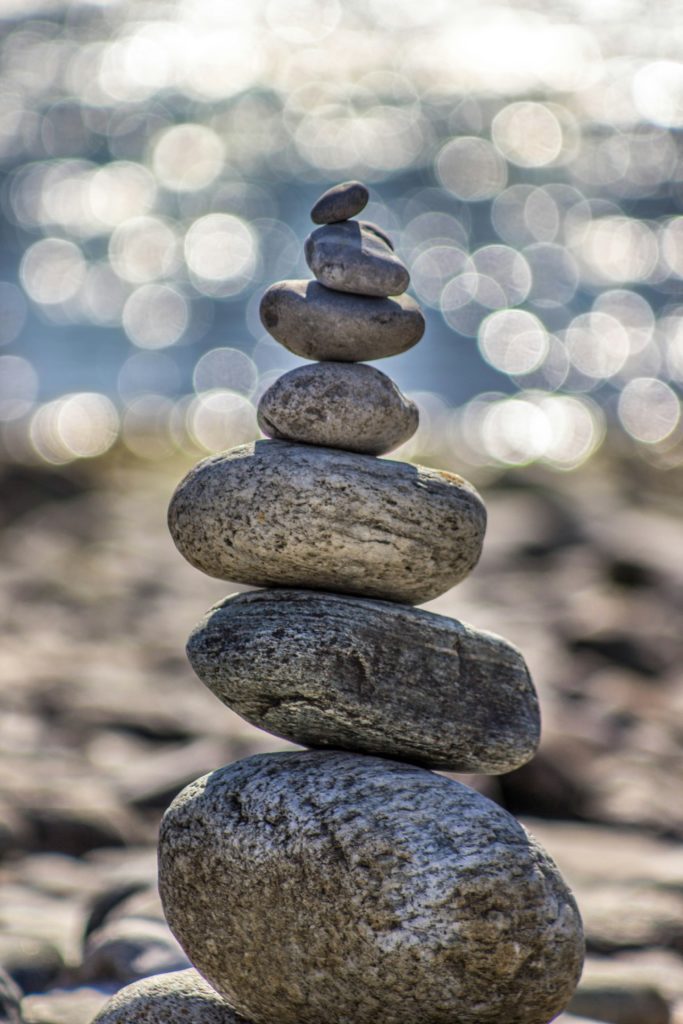Making the Most of a Mindful Mindset

Ram Mahalingam, Director of the Barger Leadership Institute at the University of Michigan in Ann Arbor, developed a mindful mindset framework drawing from Buddhism, critical intersectionality theory, and social justice perspective. The mindful mindset encompasses seven features including compassion, sympathetic joy, critical intersectional awareness, negative capability, cultural humility, wonder, and generosity.
Compassion
Our capacity to understand the suffering of others and act upon it.
Sympathetic joy
Our capacity to rejoice with the happiness of others.
Critical intersectional awareness
Social categories intersect with each other in complex ways which offer possibilities for identifying similarities and coalition forming across seemingly different categories.
Negative capability
Our ability to reside in a situation with an open mind and to experience the sensations, feelings and emotions even when they are uncomfortable.
Cultural humility
A lifelong learning process of self-reflection and self-critique whereby the individual not only learns about another’s culture, but one starts with an examination of her/his own beliefs and cultural identities.
Wonder
A key ingredient in the revitalization of our life goals and aspirations; to experience the miracle of seeing something miraculous in the familiar.
Generosity
Our ability to help while keeping the self-worth of the recipient of our kindness intact.
(https://lsa.umich.edu/bli/about-us/mindful-mindset.html)
While health and life coach Lisa D. Murray considers mindfulness and mindset to be opposite sides of the same coin, described in the following definition:
Whereas mindfulness is a passive practice that allows us to pause and observe (our habitual thoughts) with curiosity, mindset is the active practice of identifying depleting thought patterns and replacing them with positive thoughts that are more supportive and compassionate of ourselves.
Still, the Mindful Mindset Wellness Center in Naperville, Illinois, distinguishes the two this way:
Mindful– Conscious or aware of/paying full attention to something; focusing one’s awareness on the present moment, especially as part of a therapeutic or meditative technique.
Mindset– The driving force in the quest for success and achievement; a mindset that combines discipline, strength, confidence, and ambition is a powerful mindset.
Although there are varying views on the ways the terms mindful, mindset, and mindful mindset are related, I attest that a mindful mindset is the quest for success achieved by conscious awareness of the present moment.
Jon Kabat-Zinn is thought to have the largest influence on bringing mindfulness from the Eastern World to the West. Kabat-Zinn is known for developing the popular Mindfulness-Based Stress Reduction program which later inspired Mindfulness-Based Cognitive Therapy, used to treat Major Depressive Disorder. Further, in 2016 a study of the Positive Mindfulness Program, synthesizing mindfulness training and positive psychology, proved that positive psychology and mindfulness can be combined in research settings for the purpose of increasing the wellbeing of participants. Today yoga, meditation, and other mindfulness practices are prevalent throughout the world both within specific practice fields and for general use.
Why, you may ask, do I focus on the mindful mindset as the subject for an entire blog post? Mindsets have always been a passion of mine. I believe in thinking optimistically, in knowing that I am capable of learning and growing through effort, in perceiving all the possibilities before limiting my chances, and most recently, living more in and for the present.
As a child and adolescent, I dreamt of my future, of what could be, and of who I may become. As a young adult, I reminisced about my childhood and what had passed, and was seemingly gone forever. Now, as a middle-aged adult, I appreciate who, where, and how I am in the present. My what is me. My when is now. My why is because I’m here. I am grateful for all I have. Of my joy, compassion, and generosity toward others. Of my boundless wonder, humility, and awareness for all the beauty that surrounds me. And of my ability to reside in a situation with an open mind and experience sensations, feelings, and emotions even when they are uncomfortable. This last one has come by piecemeal. It’s difficult to sit in ambiguity without it making me anxious. But this is in fact, an essential component of mindfulness and has helped me to bolster, strengthen, and expand my mindset even more. I don’t have all the answers and I am good with that. It actually invigorates me!
Won’t you join me on my journey?
Brainstorm some ways you’d like to be more mindful. Jot them down, create a storyboard, and share them with a loved one. Ask yourself some difficult questions.
What can you do today, tomorrow, every day this week to increase your mindful practices?
It may be as simple as savoring the food you eat, acknowledging those in your company, soaking up the weather, or dozing off for a sound night’s sleep.
Or it may be more complex. A painful reflection, difficult realization, or spiritual revelation.
It’s completely up to you. Just live in the moment for some number of minutes starting today and extending throughout the week. Remember to give yourself grace. This is a learning process. Adapting one’s mindset comes in time.
Take your first step and let me know how it goes!
